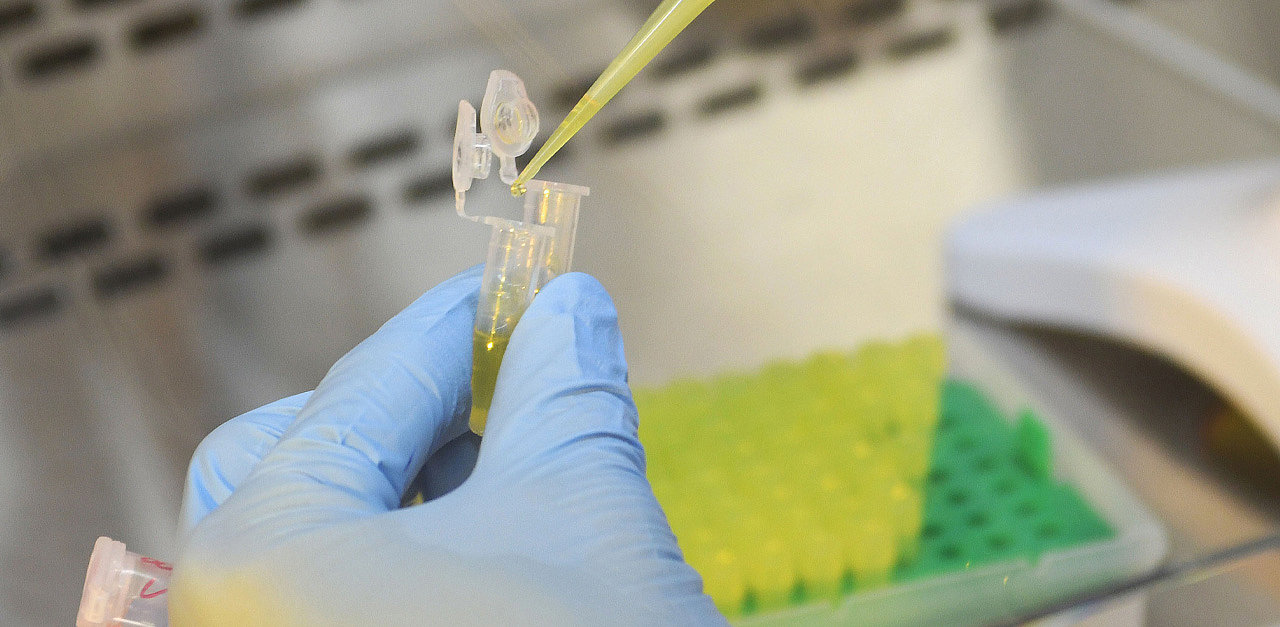Is infrared molecular fingerprinting capable of spotting and detecting gastrointestinal tumor diseases? That is what the Lasers4Life team (L4L) is trying to find out for the first time in a new study initiated this week at the Tübingen University Hospital, Germany. The researchers have already proven that the infrared molecular fingerpinting has the potential to detect different types of common cancers (eLife 2021; DOI: 10.7554/eLife.68758). But can pancreatic, liver or colon cancer be detected by infrared spectroscopy? This has not yet been experimentally evaluated.
The new pilot project, "Laser-based detection of gastrointestinal tumors and their recurrences" will be conducted by the L4L team in collaboration with the Department of Medicine, Internal Medicine I, of the Tübingen University Hospital. The researchers will apply infrared spectroscopy to analyze the molecular composition of blood samples from the individuals of the study. Both the conventional FTIR method and, in parallel, the infrared laser spectroscopy newly developed by the attoworld team will be applied.
The aim is to determine whether infrared molecular fingerprinting could be used as a new non-invasive tool to efficiently scan human blood – to possibly capture these group cancers. It is an exciting start of a new endeavor, as well as start of a new collaboration!
on the catch for gastrointestinal tumors
